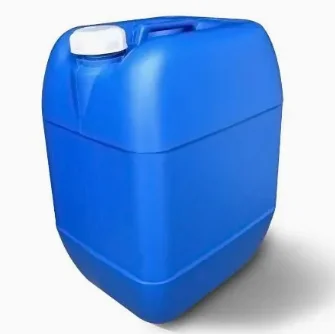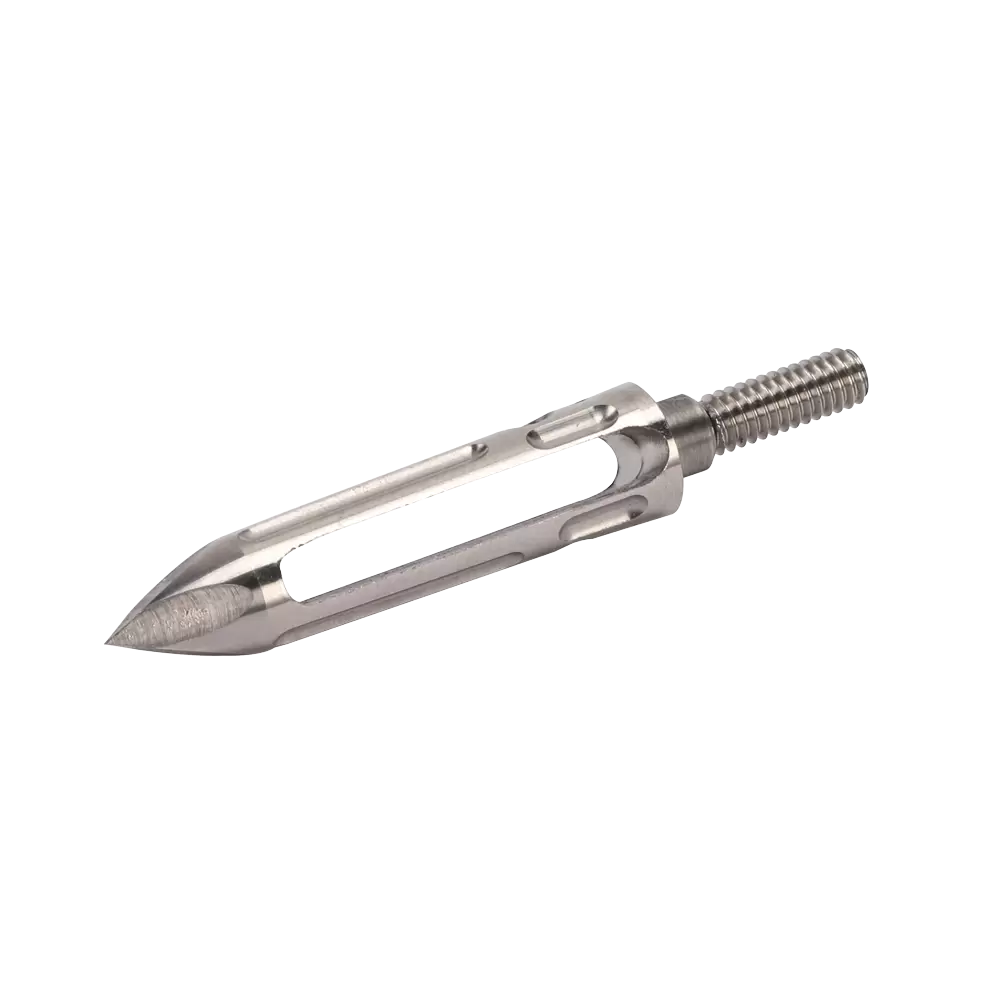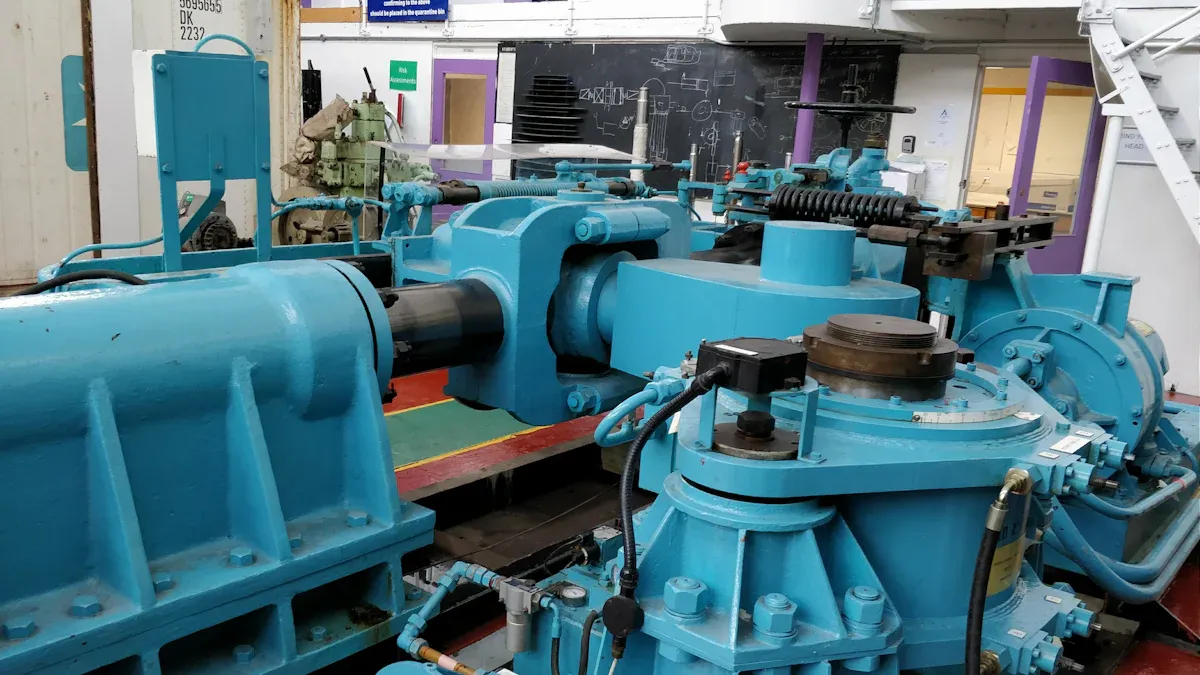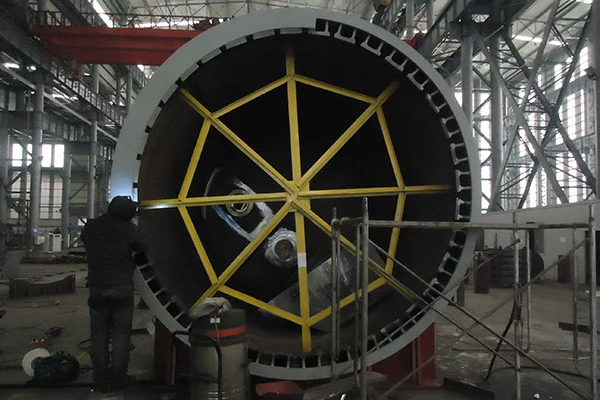In modern industrial systems, hydraulic technology is widely used in various machinery and equipment due to its high performance and flexibility. As a key link connecting various hydraulic components to transmit liquid media, hydraulic hoses play a vital role. This article will take an in-depth look at the role of hydraulic hoses, their importance, and how to ensure they perform reliably over the long term.
Hydraulic systems use incompressible liquids to transmit energy and control actions through pumps, valves, cylinders, and other components. These systems are very common in automobiles, aviation, construction machinery, manufacturing, and other fields. In hydraulic systems, hydraulic hoses are responsible for transporting oil. They must have the characteristics of high-pressure resistance, wear resistance, and good chemical stability.
The function of hydraulic hose:
Hydraulic hoses are key components that connect hydraulic pumps, valves, cylinders, and other components. Their main function is to transport hydraulic oil. Hydraulic oil flows in the system and transmits the pressure generated by the pump to the actuator (such as a hydraulic cylinder or motor), thereby achieving force amplification and motion control. In addition, hydraulic hoses also have the function of absorbing shock and vibration within the system and reducing noise.

Importance of hydraulic hoses:
A high-quality hydraulic hose is critical to ensuring the safety and efficiency of the entire system. If the hose ruptures or leaks, it will not only cause the loss of hydraulic oil and reduce the efficiency of the system but may also cause environmental pollution and even cause equipment damage and personal injury. Therefore, choosing the right hydraulic hose and keeping it in good condition is of great significance to protecting worker safety and maintaining productivity.
Hydraulic hose material:
Hydraulic hoses are usually composed of an inner rubber layer, a reinforcement layer, and an outer rubber layer. The inner layer needs to have good chemical resistance to hydraulic oil; the reinforcement layer is mostly braided or wound with steel wire to provide the necessary strength to withstand pressure; the outer layer needs to be wear-resistant and weather-resistant. The material selection at different levels has a direct impact on the performance of the hose.
When selecting hydraulic hoses, consider the system's maximum operating pressure, operating temperature range, hydraulic oil type, and application environment. For example, if your system is frequently exposed to high temperatures, you will need to choose hoses that can withstand higher temperatures. Likewise, if the hydraulic oil contains corrosive substances, a hose with an inner rubber layer that is extremely resistant to chemical corrosion should be selected.
To ensure the reliability of the hydraulic system, it is necessary to regularly check the appearance and connection parts of the hoses. Any signs of wear, hardening or cracking should be addressed immediately. Also, even if there are no obvious signs of damage, hoses should be replaced according to the manufacturer's recommended intervals, as aging is an inevitable process.
Hydraulic hoses play an irreplaceable role in ensuring the smooth operation of the hydraulic system. From selecting the right hose to regular maintenance inspections, every step is critical to extending system life and ensuring safe operation. Understanding the importance of hydraulic hoses and implementing effective management strategies can minimize downtime and maintenance costs while improving overall hydraulic system performance and reliability.
cocofky
cocofang@tianyizz.com





